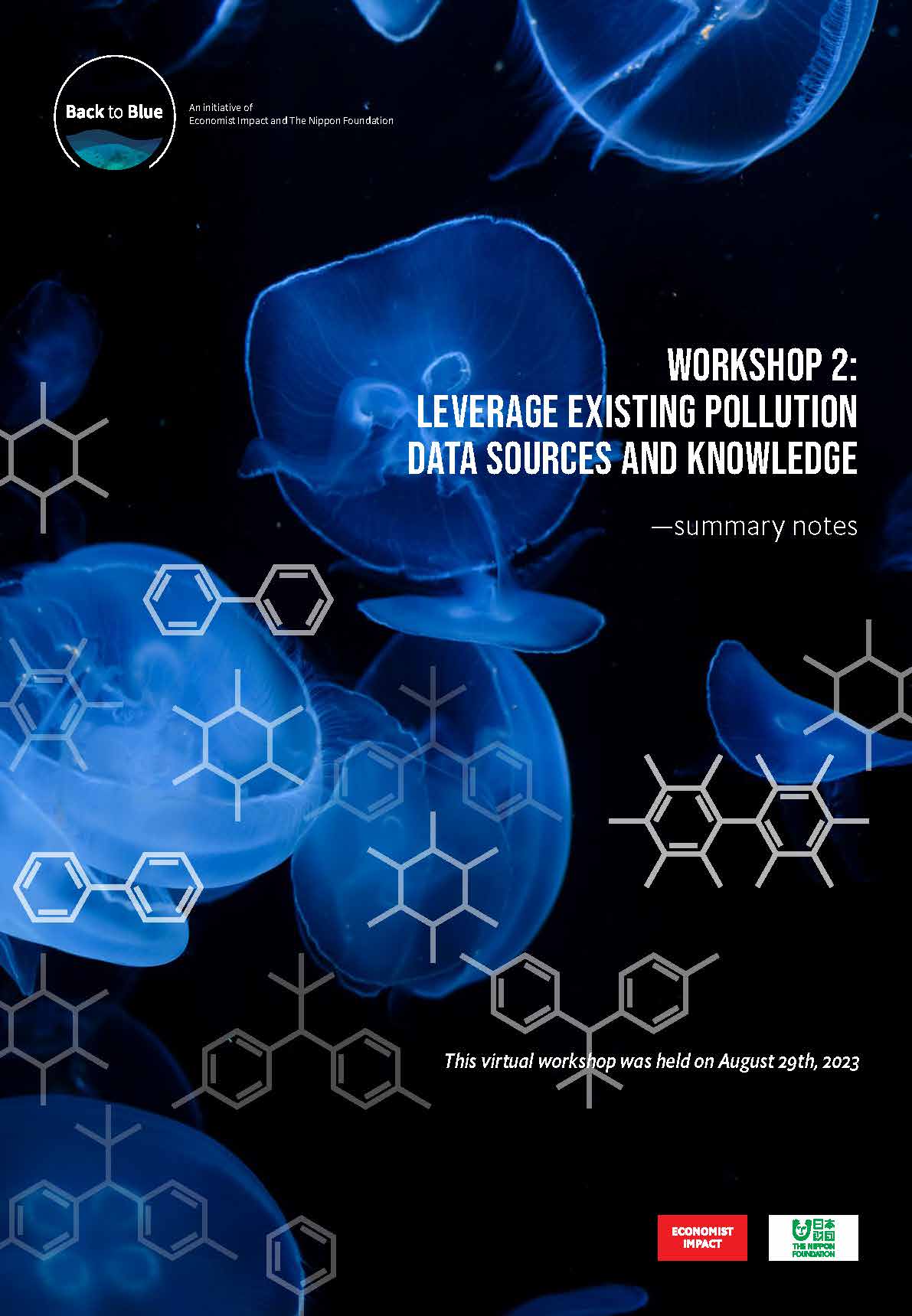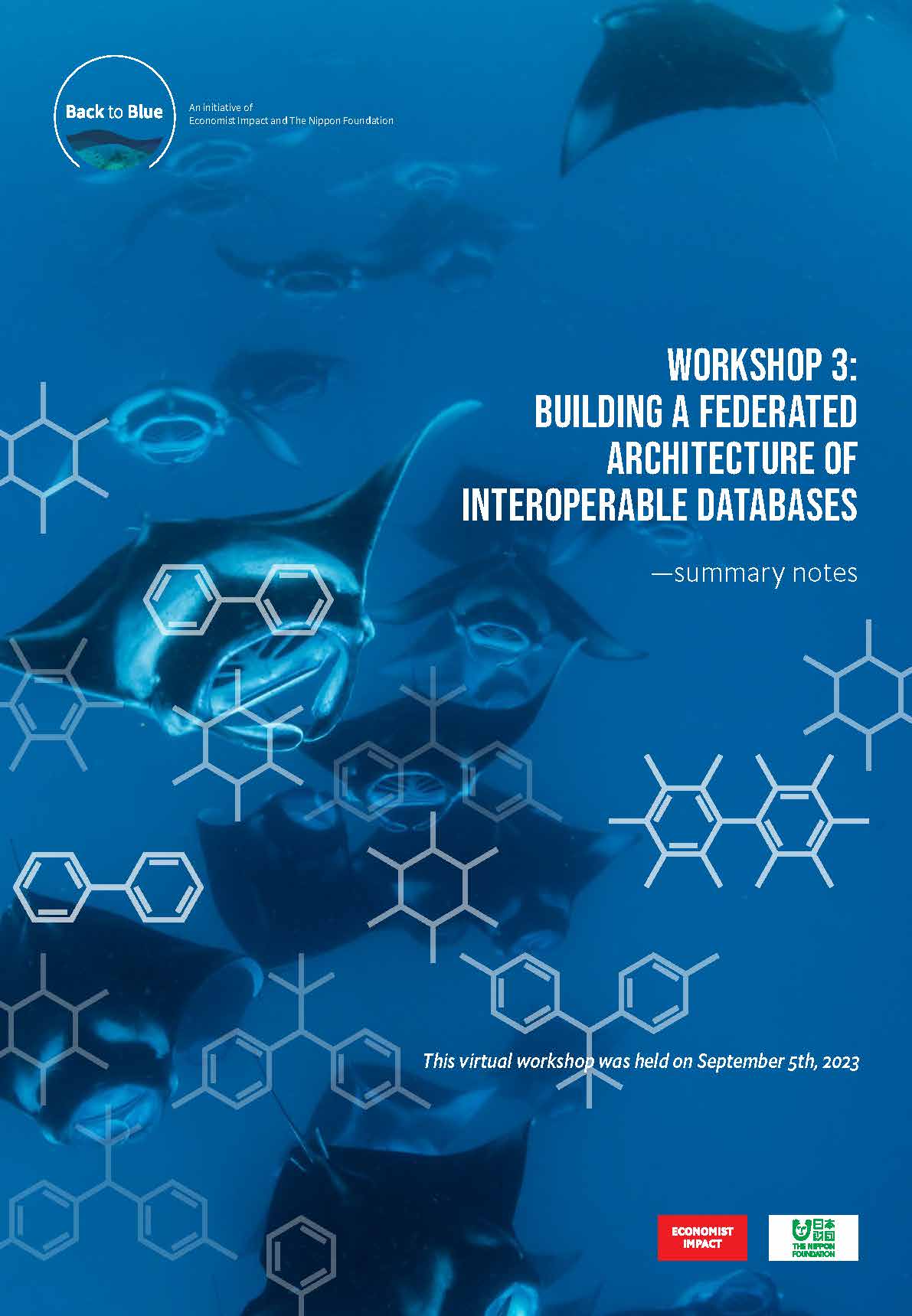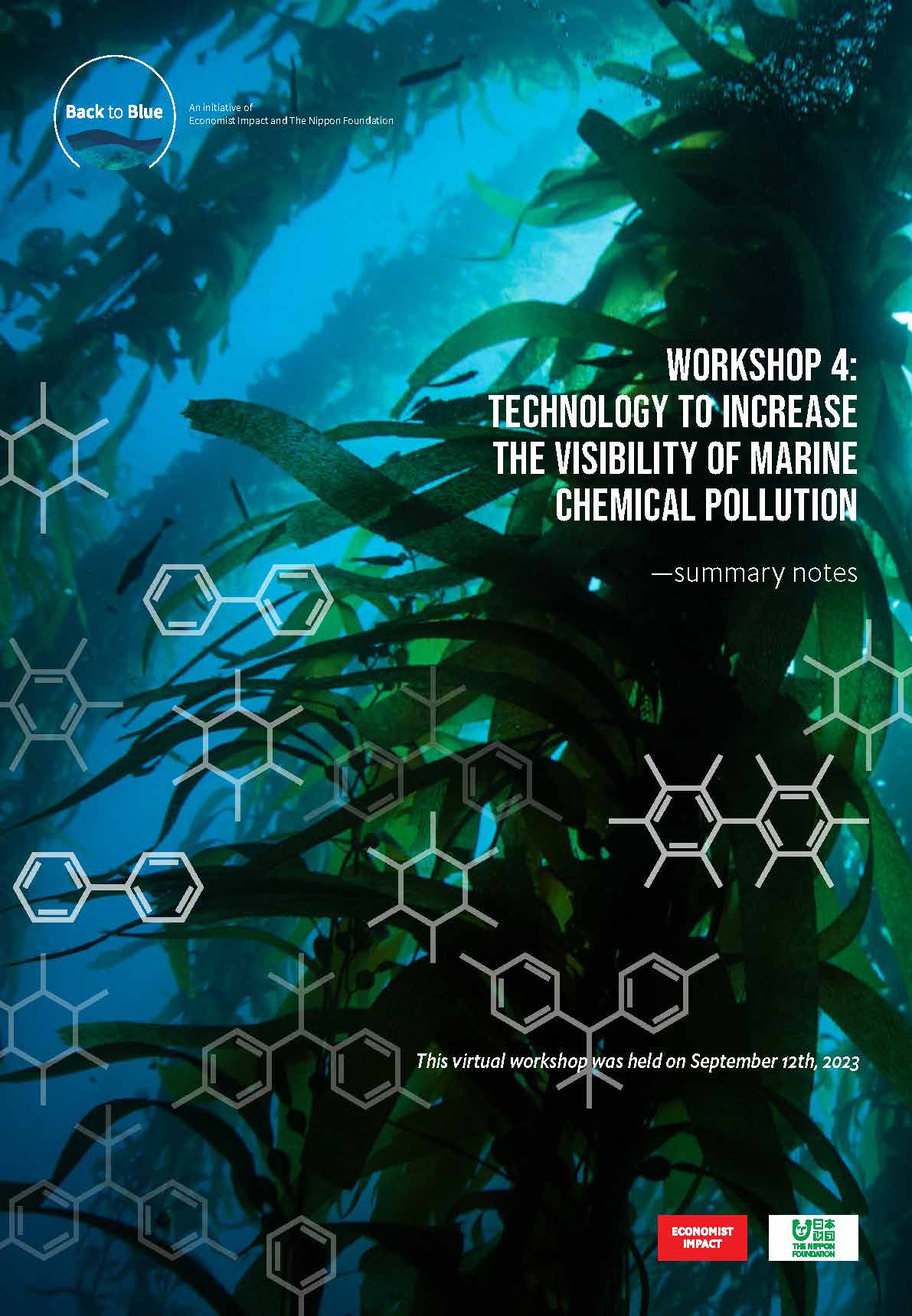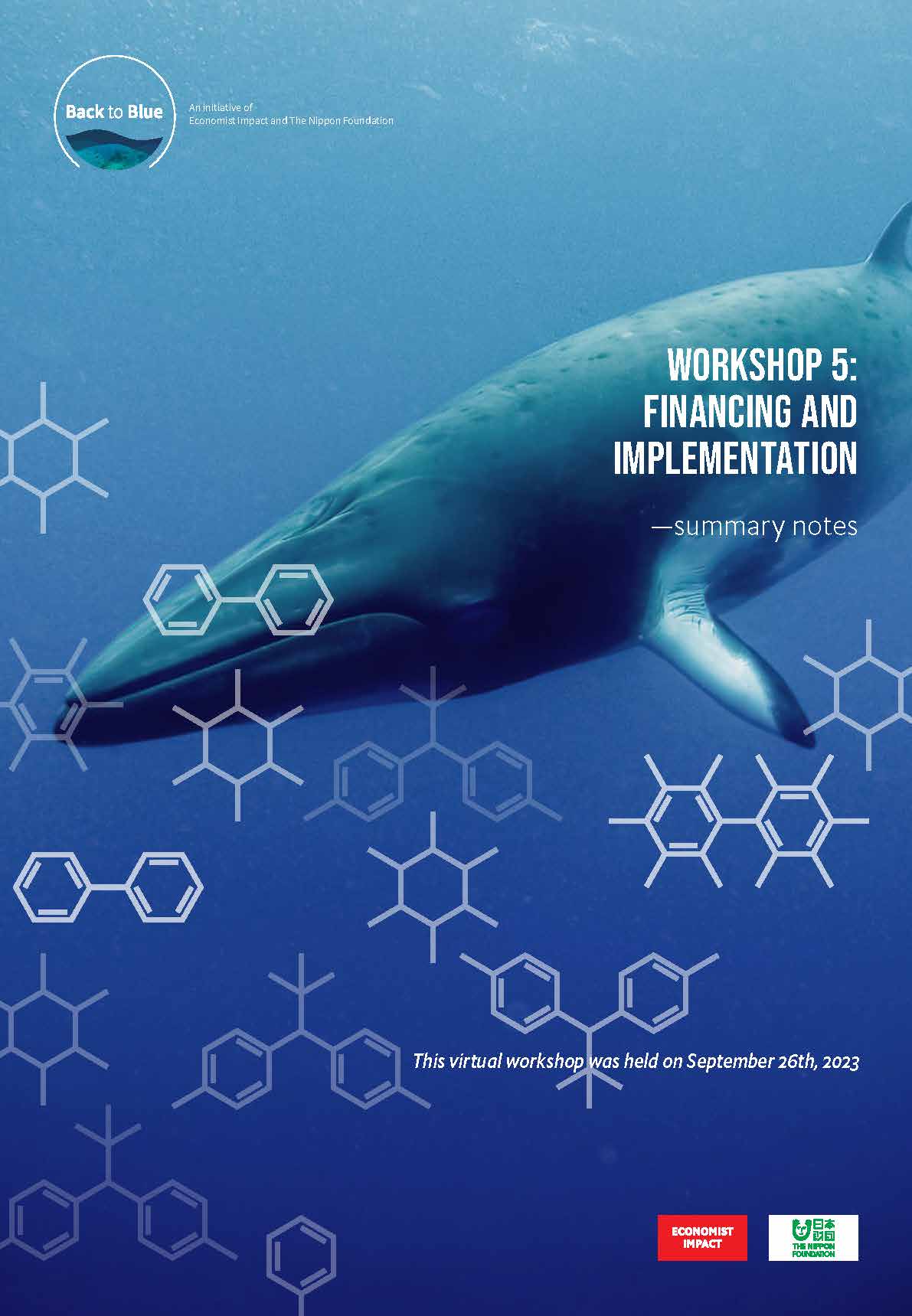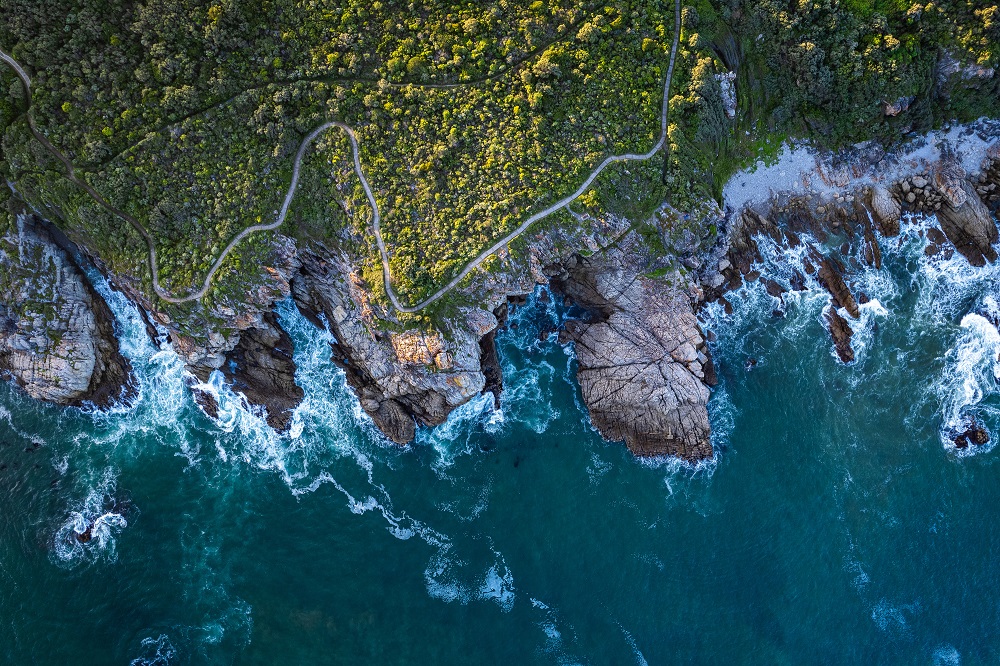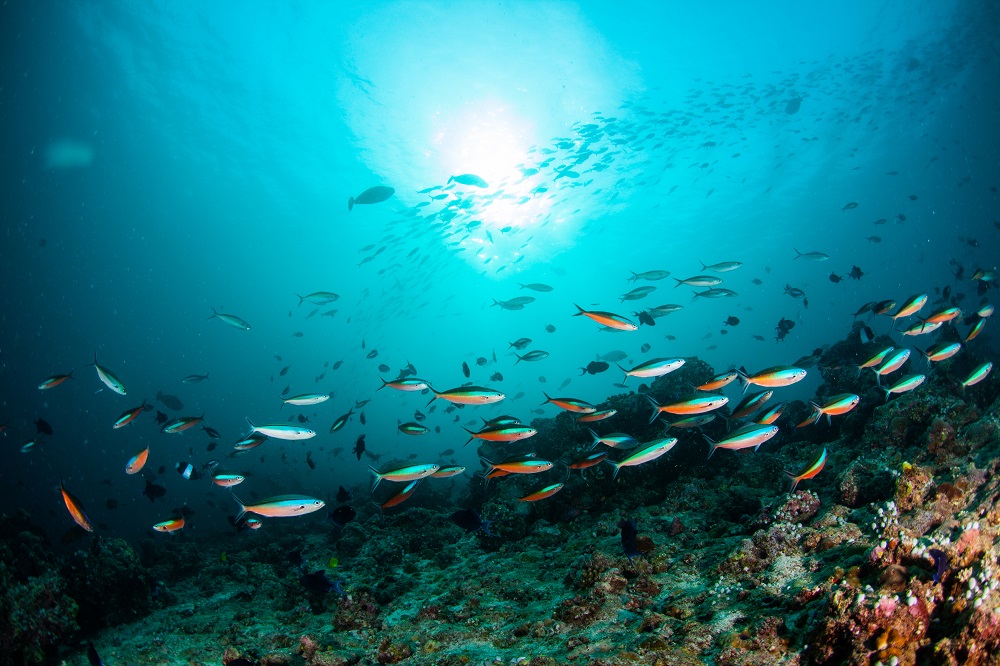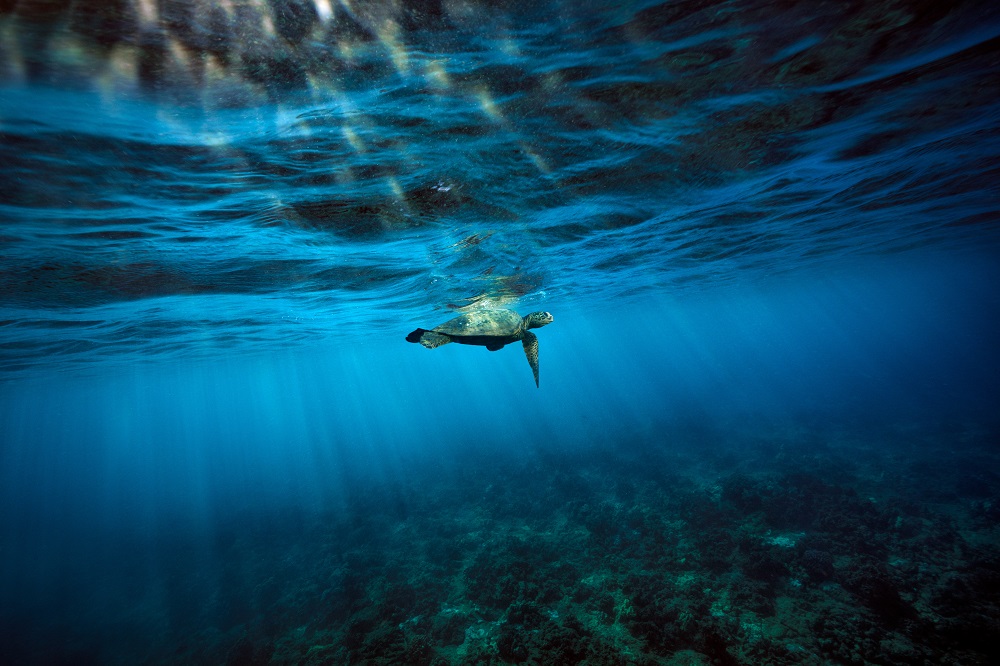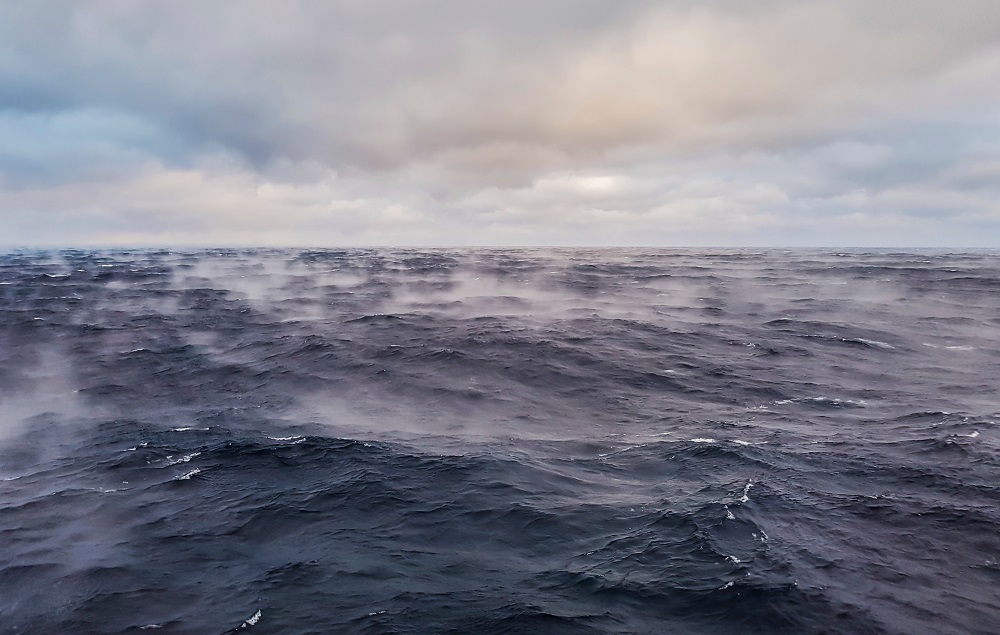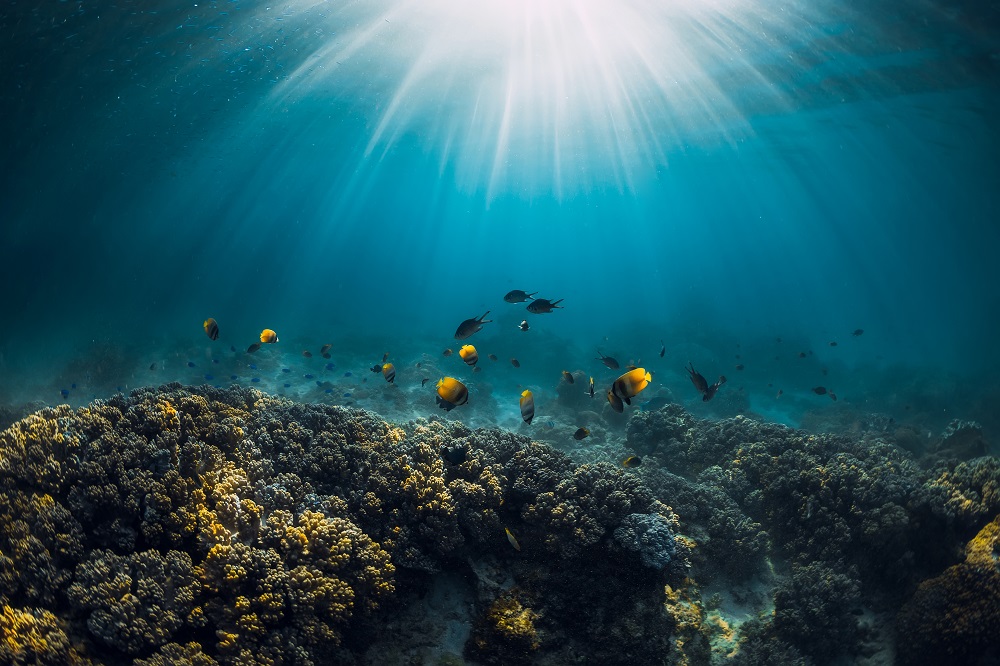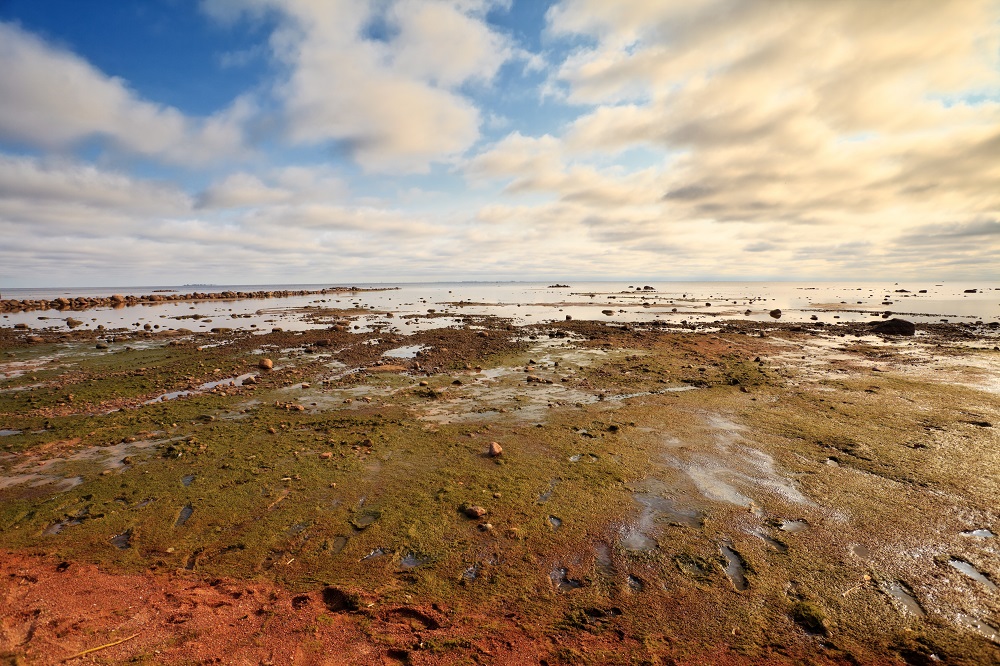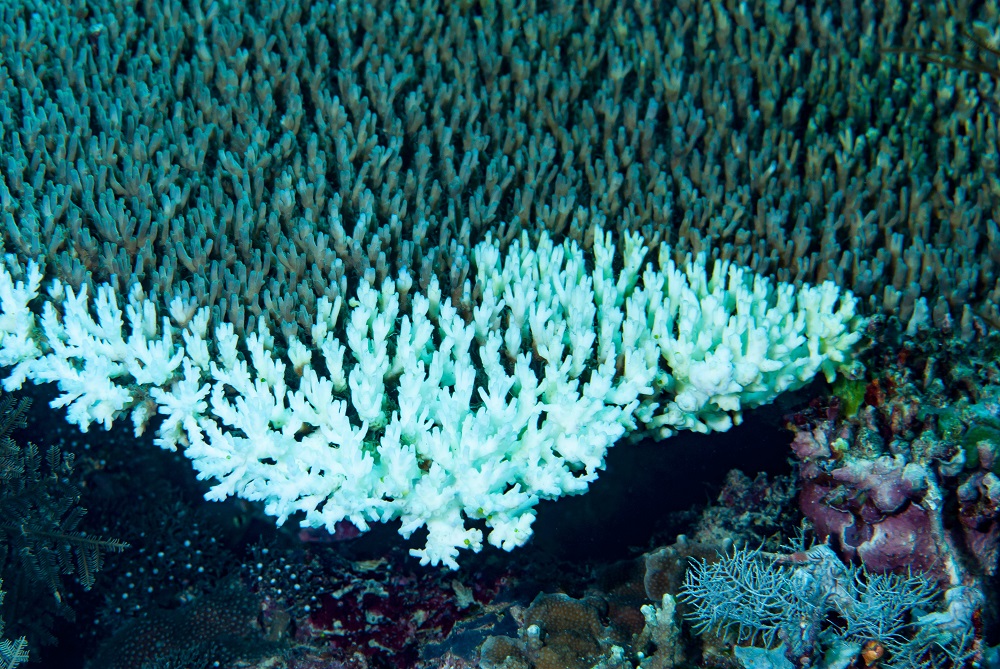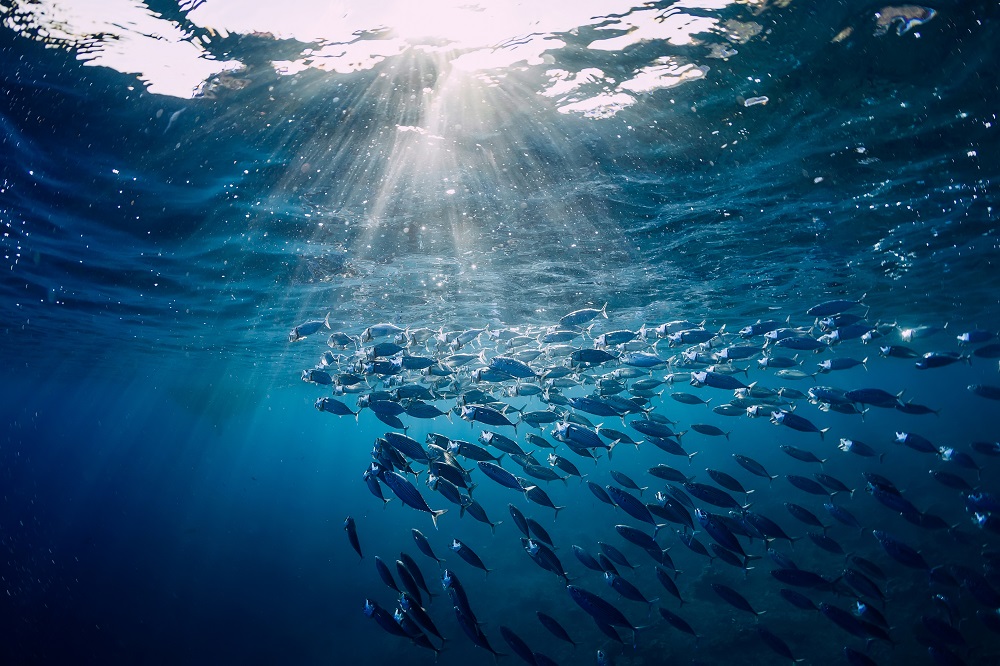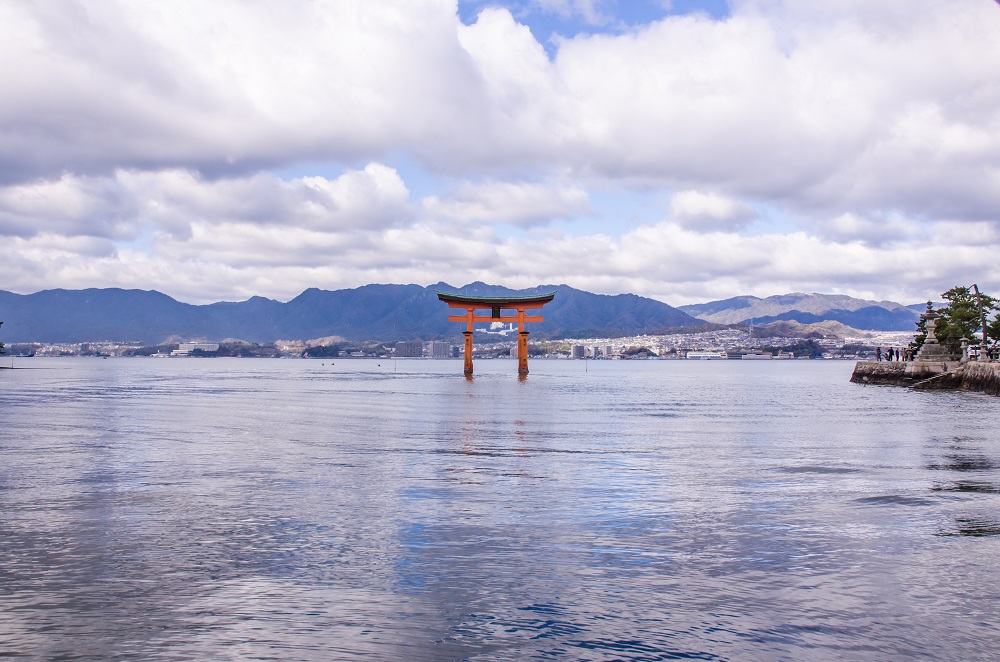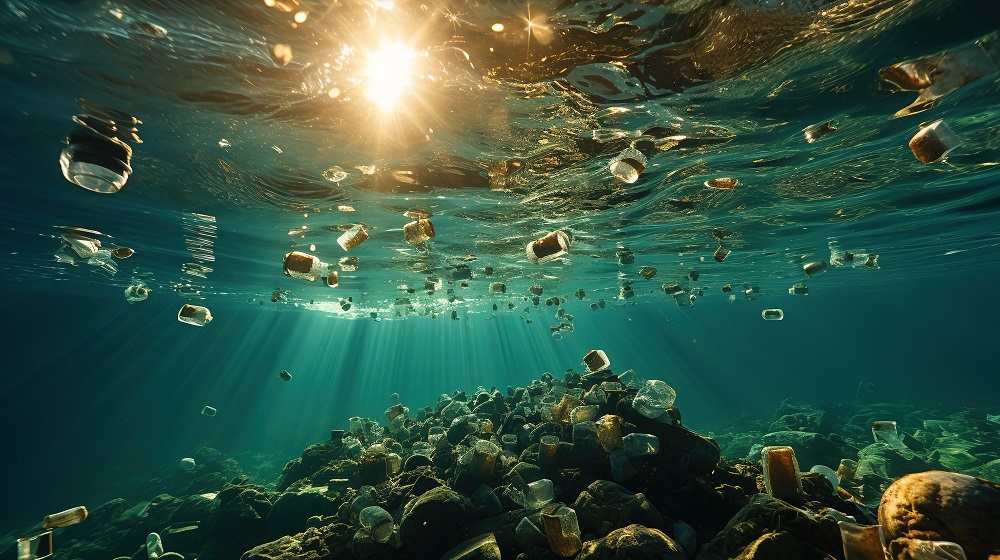CO-DESIGN WORKSHOPS:
Learn more about our roadmap co-design process; watch this short video.
VIRTUAL HACKATHON:
The virtual hackathon is a six-week process that will draw on the outcomes of the five workshops to create a working draft of a roadmap to close the marine pollution data gap.
This exciting, outcomes-focused event will enable a global group of stakeholders to co-design the draft roadmap in a virtual environment. The digital collaboration will allow key stakeholders to edit, comment and discuss specific details of the working draft of the roadmap in real-time.
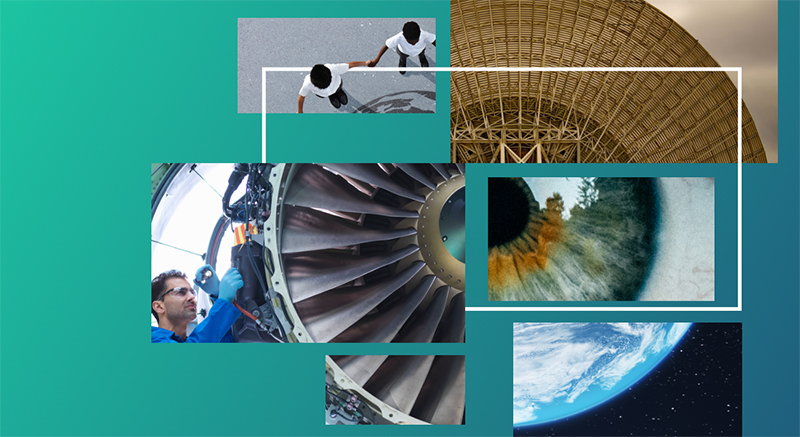
THE SUSTAINABILITY PROJECT
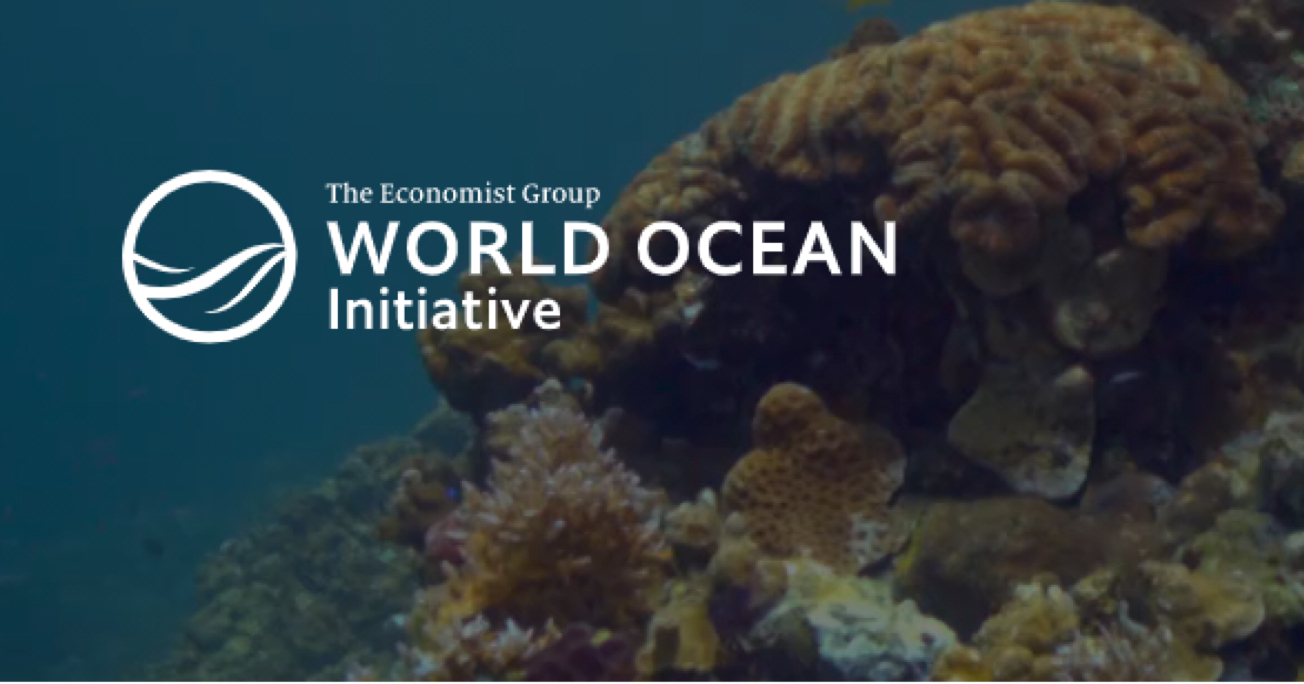
WORLD OCEAN INITIATIVE
WE WOULD LOVE TO HEAR FROM YOU
We welcome your feedback and comments.
If you have an editorial or media related request, a member of the media team will get back to you.
EXPLORE MORE CONTENT ABOUT THE OCEAN
Back to Blue is an initiative of Economist Impact and The Nippon Foundation
Back to Blue explores evidence-based approaches and solutions to the pressing issues faced by the ocean, to restoring ocean health and promoting sustainability. Sign up to our monthly Back to Blue newsletter to keep updated with the latest news, research and events from Back to Blue and Economist Impact.
The Economist Group is a global organisation and operates a strict privacy policy around the world.
Please see our privacy policy here.
THANK YOU
Thank you for your interest in Back to Blue, please feel free to explore our content.
CONTACT THE BACK TO BLUE TEAM
If you would like to co-design the Back to Blue roadmap or have feedback on content, events, editorial or media-related feedback, please fill out the form below. Thank you.
The Economist Group is a global organisation and operates a strict privacy policy around the world.
Please see our privacy policy here.


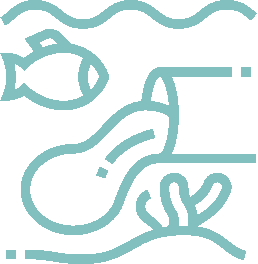

 World Ocean Summit & Expo
2025
World Ocean Summit & Expo
2025 UNOC
UNOC Sewage and wastewater pollution 101
Sewage and wastewater pollution 101 Slowing
the chemical tide: safeguarding human and ocean health amid
chemical pollution
Slowing
the chemical tide: safeguarding human and ocean health amid
chemical pollution Hazardous chemicals in plastics - the discussions at INC
Hazardous chemicals in plastics - the discussions at INC






